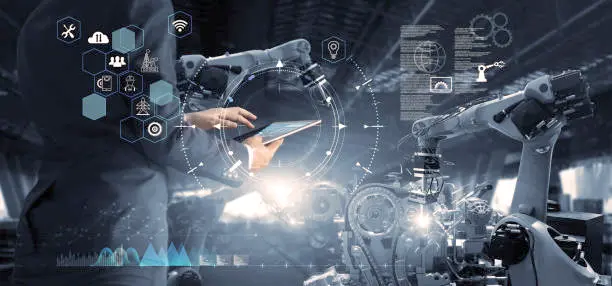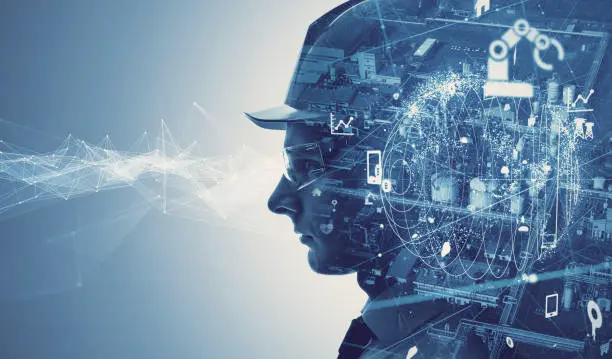
The Role of Robotics in Modern Manufacturing
- Admin
In today's rapidly evolving manufacturing landscape, robotics has emerged as a game-changer, revolutionizing production processes, improving efficiency, and driving innovation. In this article, we'll delve into the multifaceted role of robotics in modern manufacturing, exploring its applications, benefits, and future implications for the industry.
Robotics in manufacturing encompasses a wide range of applications, from traditional industrial robots performing repetitive tasks on assembly lines to advanced collaborative robots (cobots) working alongside human workers in flexible production environments. These robots are equipped with sensors, actuators, and programming capabilities, enabling them to perform tasks with precision, speed, and reliability.
One of the primary benefits of robotics in manufacturing is its ability to increase productivity and efficiency. Robots can work around the clock without the need for breaks or downtime, leading to faster production cycles and reduced lead times. Additionally, robots can perform tasks with consistent quality and precision, minimizing errors and rework, and improving overall product quality.
Moreover, robotics enables manufacturers to optimize their production processes and adapt to changing market demands more effectively. With the flexibility of robotic automation, manufacturers can easily reconfigure production lines, switch between product variants, and scale production up or down as needed, thereby improving agility and responsiveness to market fluctuations.
Robotics also plays a crucial role in improving workplace safety and ergonomics. By automating hazardous or physically demanding tasks, robots help reduce the risk of workplace injuries and occupational hazards for human workers. Furthermore, collaborative robots designed to work alongside humans offer opportunities for ergonomic improvements and workflow optimization, enhancing the overall working environment and employee well-being.
Looking ahead, the future of robotics in manufacturing is poised for further advancements and innovations. As technologies such as artificial intelligence, machine learning, and advanced sensors continue to evolve, robots will become more intelligent, adaptable, and autonomous. This opens up new possibilities for applications such as predictive maintenance, adaptive manufacturing, and human-robot collaboration in increasingly complex production environments.
Ryodo Automation recognizes the transformative potential of robotics in manufacturing and offers a comprehensive range of robotics solutions tailored to meet the diverse needs of modern manufacturing operations. From industrial robots for assembly and welding to collaborative robots for material handling and inspection, Ryodo Automation empowers manufacturers to harness the full potential of robotics and stay ahead in today's competitive market.
In conclusion, robotics is reshaping the landscape of modern manufacturing, driving efficiency, productivity, and innovation. By embracing robotics solutions, manufacturers can optimize their operations, improve workplace safety, and position themselves for success in the digital age. Embrace the future of manufacturing with Ryodo Automation and unlock new possibilities for your business.
